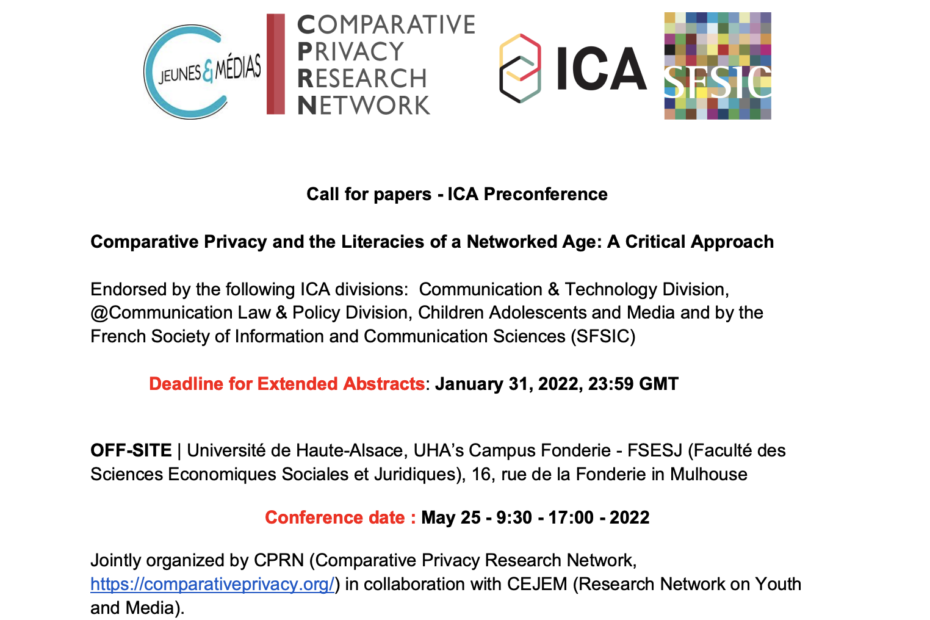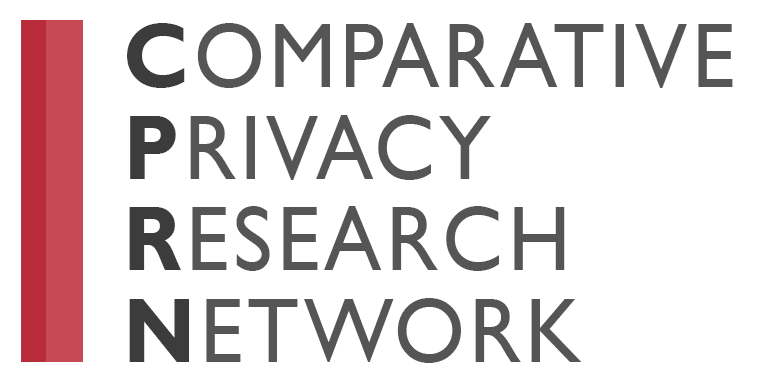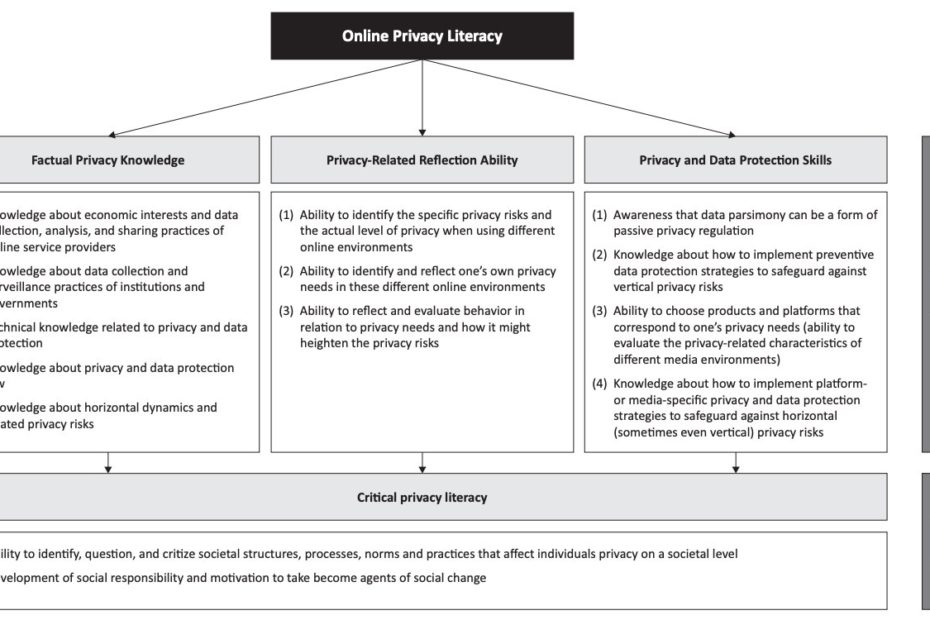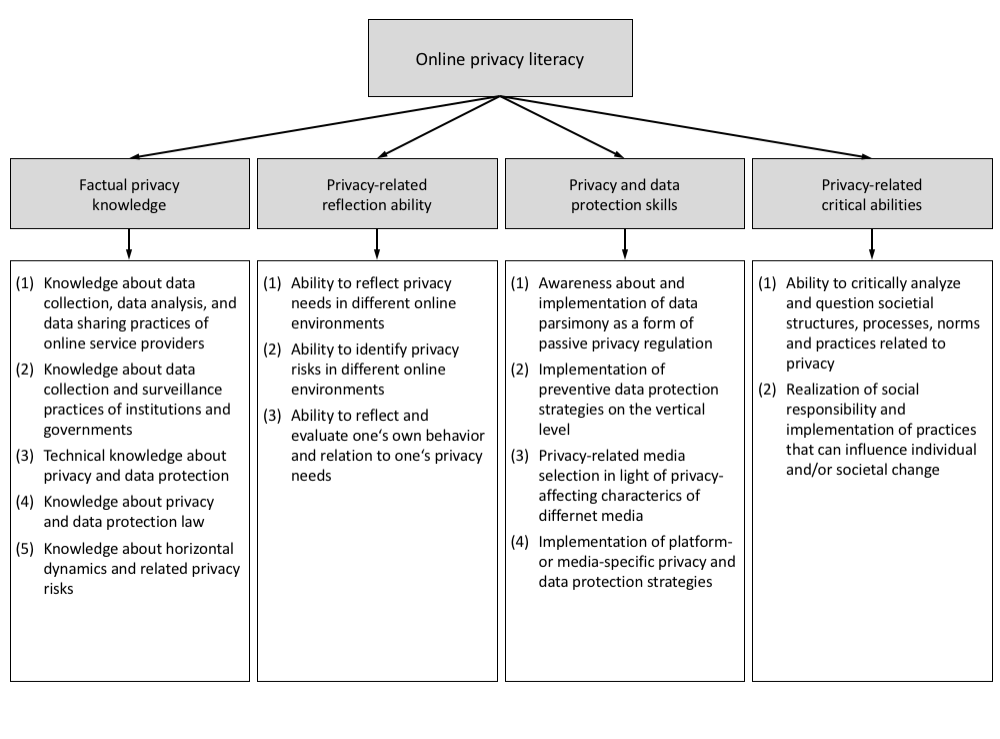VENI Grant to Study Behavioral Contagion on Social Media
I am excited to share that I was recently awarded a VENI innovation grant by the Dutch Research Council (Nederlandse Organisatie voor Wetenschappelijk Onderzoek; NWO). Building on my previous work on social contagion and social influence on social media (see e.g., this study), I will continue to study how behaviors spread across social network sites. More specifically, I will investigate how norms develop on social media, how they are perceived, and how such perceptions drive… Read More »VENI Grant to Study Behavioral Contagion on Social Media





